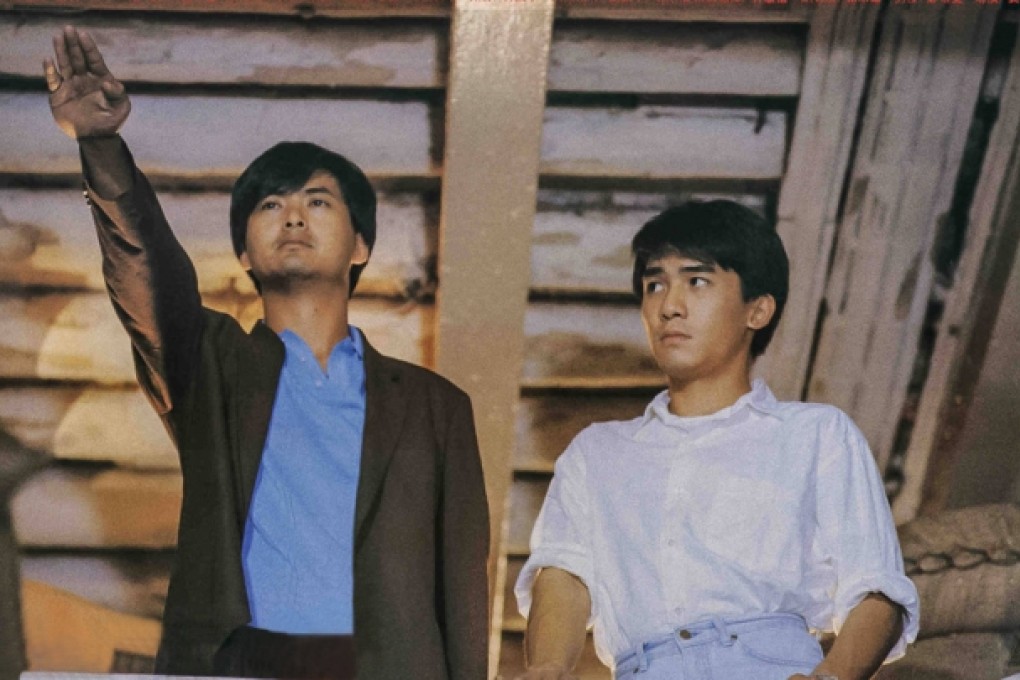
At once beautiful and damned, the characters take an aimless stroll across a landscape of emotional entropy in Love Unto Waste, director Stanley Kwan Kam-pang’s seldom seen and frequently underrated second film. As the filmmaker’s first effort to be invited to compete at a major international festival (Locarno, Switzerland in 1986), this exemplary drama evokes and delicately captures the decadence of a wasted generation in Hong Kong.
A three-time winner of the Best Screenplay prize at the Hong Kong Film Awards (including one for this film), Chiu Kang-chien was the writer for Kwan’s feature debut, Women (1985), as well as his most critically acclaimed films, Rouge (1988) and Centre Stage (1992). It is in their collaboration on Love unto Waste, however, that Chiu’s masterful exposition – if not also his familiarity with European art house cinema – first became obvious.
Set predominantly in the urban landscape of Hong Kong but also briefly in a rural community in Taiwan, the drama opens with a credit sequence that instantly recalls the ending of Michelangelo Antonioni’s L’eclisse – which the Italian director once described as “the eclipse of all feelings” – with a montage of landscape shots, the unoccupied spaces in which will turn out to be where the protagonists recklessly lose themselves for the rest of Kwan’s film.
A sense of melancholy pervades the story, which begins with Tony (Tony Leung Chiu-wai) – the hedonistic son of a wealthy rice businessman – on a drunken night out for his 25th birthday, bumbling his way into the presence of three fashionable young women: model Billie (Irene Wan Pik-ha), actress Yu-ping (Elaine Jin Yan-ling, who was named Best Supporting Actress at the Hong Kong Film Awards) and singer Jane (Tsai Chin).
The film’s narrative takes an abrupt turn when one character is brutally stabbed to death in a presumed burglary. A new character in the form of a police detective with an unconcealed yearning for human connection (played by Chow Yun-fat) enters the frame.
This unanticipated transformation into a murder thriller has been compared to Janet Leigh’s character’s demise in Alfred Hitchcock’s Psycho. However, a more resonant reference point for this plot development may actually be Antonioni’s L’avventura, in which the friends and acquaintances of a vanished woman become hopelessly entangled while the unsolved mystery appears to be quickly fading from everyone’s attention.